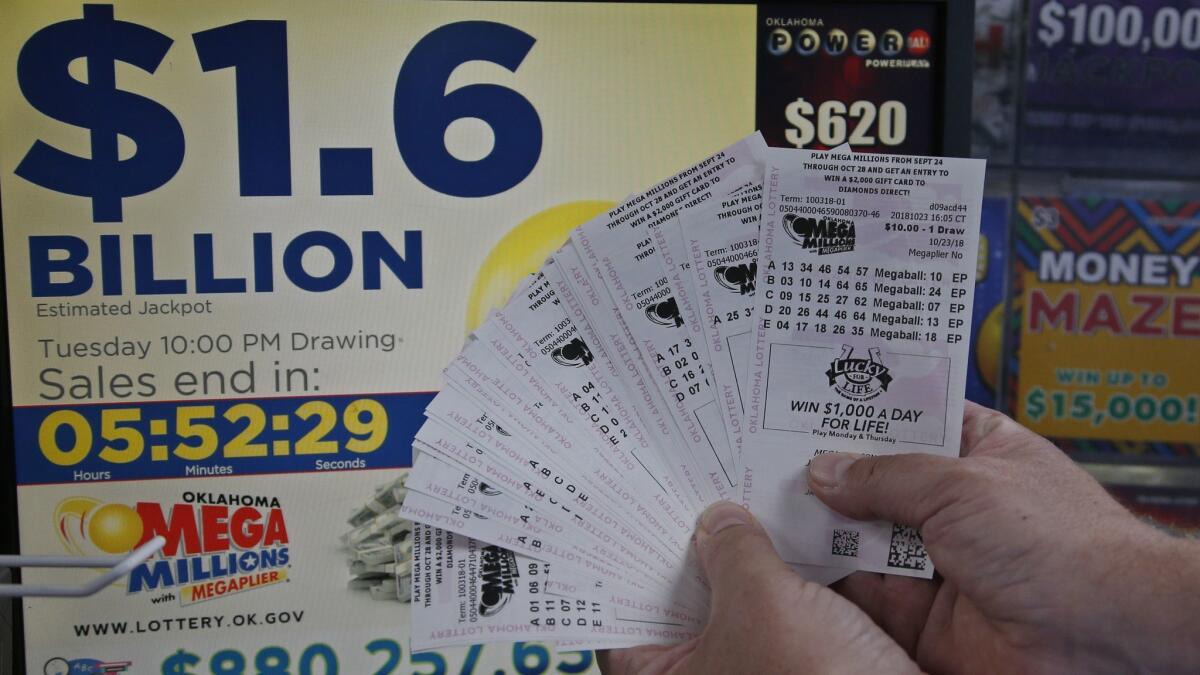ok lottery The Oklahoma Lottery, established to provide funding for educational initiatives within the state, has become a significant part of Oklahoma’s economic and social landscape since its inception. This article delves into the history, operations, economic impact, and social implications of the Oklahoma Lottery, highlighting how it has evolved over the years and the controversies and achievements that have marked its journey.
Historical Background
The Oklahoma Lottery was officially established following the passage of a state lottery proposal in November 2004. The initiative was driven by the need to supplement the state’s education budget, a motive that resonated with many Oklahomans. With the passing of State Question 705 and 706, the Oklahoma Lottery Commission was formed to oversee the lottery’s ok lottery operations. The first tickets were sold in October 2005, marking the beginning of what would become a robust revenue-generating enterprise for the state.
Operations and Games
The Oklahoma Lottery offers a variety of games, including instant scratch-off tickets, draw games like Powerball and Mega Millions, and state-specific games such as Pick 3 and Cash 5. The operations are managed by the Oklahoma Lottery Commission, which ensures that games are conducted fairly and that revenues are appropriately allocated. The Commission also runs various marketing campaigns to promote ticket sales and increase public ok lottery awareness about the lottery’s benefits.
Economic Impact
The primary purpose of the Oklahoma Lottery is to support education. Since its establishment, a significant portion of the lottery’s revenue has been earmarked for educational purposes. This includes funding for public schools, colleges, and universities across the state. By 2023, the Oklahoma Lottery had contributed over $1.2 billion to the state’s education fund, providing ok lottery crucial financial support for a range of educational programs and infrastructure projects.
The lottery also stimulates the local economy by providing jobs both directly and indirectly. Retailers who sell lottery tickets receive commissions, and the lottery itself employs numerous individuals in various capacities, ok lottery from administrative roles to marketing and operations.
Social and Ethical Considerations
While the economic benefits of the Oklahoma Lottery are substantial, there are also social and ethical considerations to examine. Gambling, in any form, can lead to addiction and financial hardship for some individuals. The Oklahoma Lottery Commission has implemented several measures to promote responsible gaming. These include public awareness campaigns, providing resources for gambling addiction treatment, and setting limits on the amount individuals can ok lottery spend on tickets.
Critics argue that lotteries disproportionately affect lower-income individuals, who may spend a higher percentage of their income on tickets in the hope of winning big. This has raised questions about the ethical implications of funding public education through a mechanism that can exacerbate financial inequities.
Technological Advancements
The Oklahoma Lottery has embraced technological advancements to enhance user experience and operational efficiency. The introduction of online ticket sales and mobile applications has made it easier for individuals to participate in lottery games. These platforms provide convenience and accessibility, allowing users to ok lottery check results, purchase tickets, and even claim smaller prizes from the comfort of their homes.
Additionally, technology has improved the transparency and security of the lottery. Random number generators (RNGs) and other digital tools ensure fair play and prevent fraud, maintaining the integrity of the games.
Community Engagement and Contributions
Beyond funding education, the Oklahoma Lottery engages with the community through various initiatives and partnerships. The Commission supports local events and charitable ok lottery organizations, contributing to broader social causes. This engagement helps build a positive image of the lottery and reinforces its commitment to serving the public good.
One notable example is the lottery’s involvement in disaster relief efforts. In times of natural disasters or crises, the Oklahoma Lottery has redirected funds and provided support to help affected communities recover and rebuild.
Future Prospects
Looking ok lottery ahead, the Oklahoma Lottery aims to continue growing its contributions to the state’s education system while addressing the social and ethical challenges it faces. There are plans to introduce new games and enhance existing ones to keep the lottery attractive and relevant to a diverse audience. The integration of more advanced technologies, such as blockchain for secure transactions and virtual reality for immersive gaming experiences, is also on the horizon.
Moreover, there is ongoing dialogue about how to balance revenue generation with responsible gaming. The Oklahoma Lottery Commission is exploring partnerships with financial counseling services and mental health organizations to provide more comprehensive support for those affected by gambling addiction.
Conclusion
The Oklahoma Lottery has played a pivotal role in supporting education and stimulating the state’s economy since its inception in 2005. While it has generated significant ok lottery funds for educational initiatives and contributed to community development, it also faces challenges related to gambling addiction and ethical concerns. By embracing technology, promoting responsible gaming, and engaging with the community, the Oklahoma Lottery strives to balance its economic benefits with its social responsibilities. As it evolves, the lottery will continue to be a key player in Oklahoma’s financial landscape, shaping the state’s future in education and beyond.










